Breaking Barriers: A Creative Director’s journey to gender equality
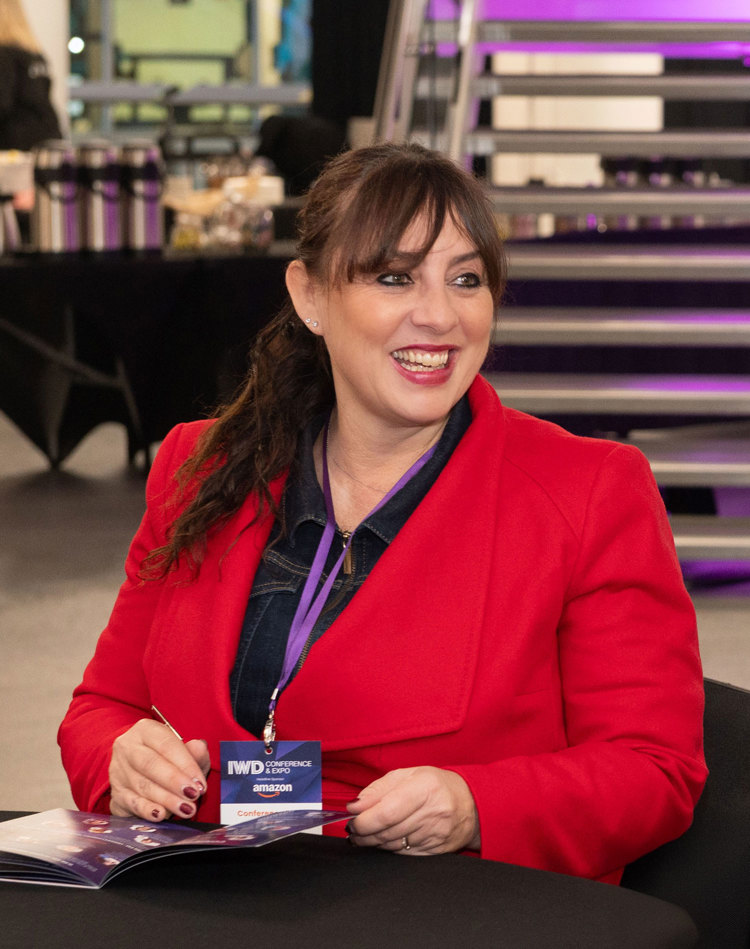

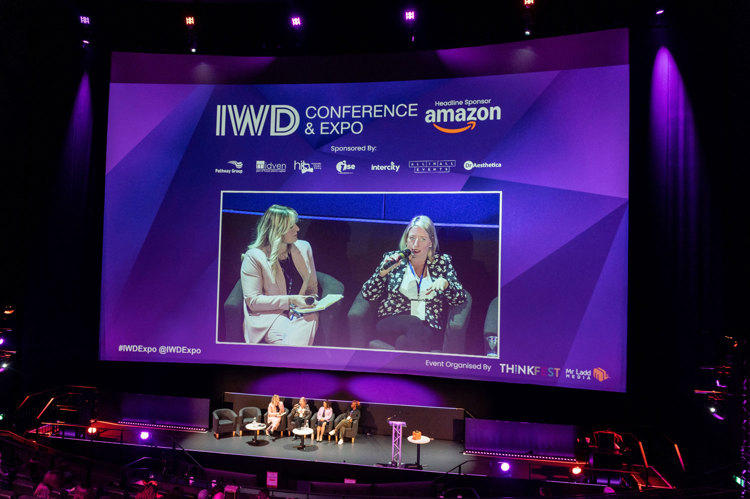
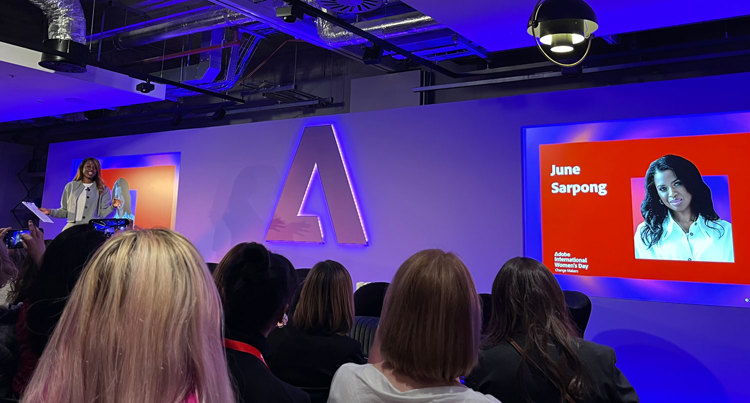
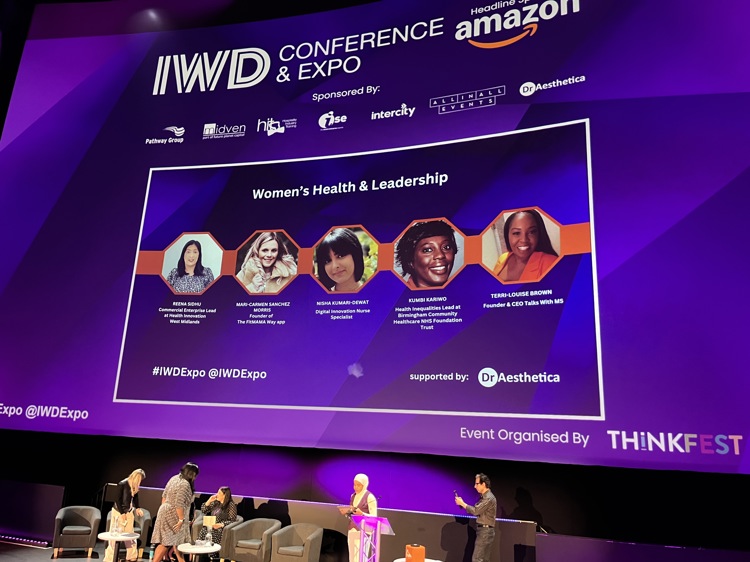
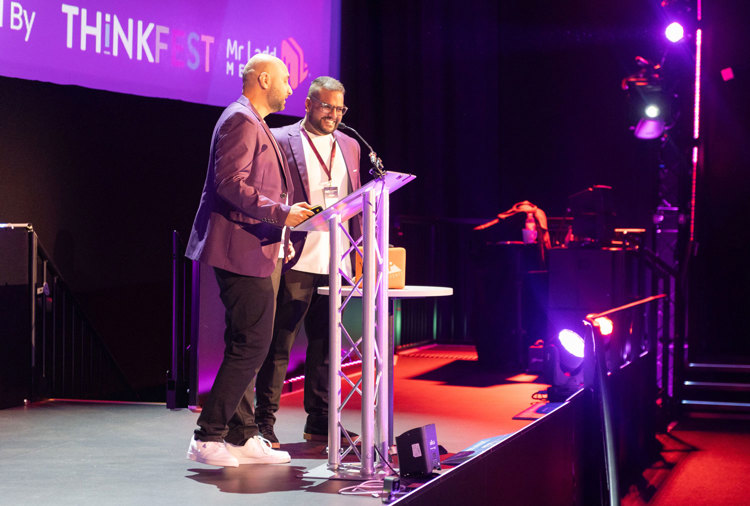
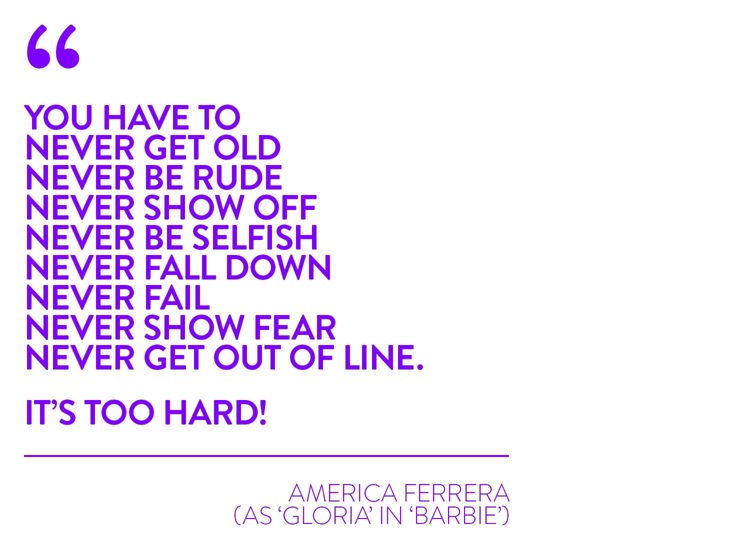
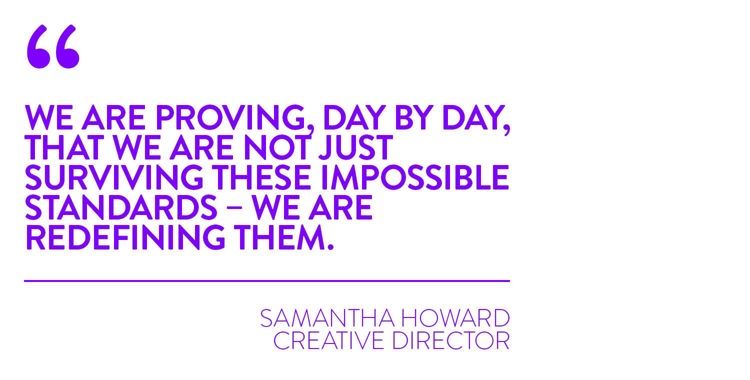
“A woman deserves equal pay for equal work. She deserves to have a baby without sacrificing her job. A mother deserves a day off to care for a sick child or sick parent without running into hardship – and you know what, a father does, too.” - Barack Obama
 This month saw International Women’s Day and the many organisations, brands, and people supporting it together. So it seems very appropriate to start writing this on the same day I was harassed by a man on the train to Bristol on my early morning commute. This was not just a personal experience, it was a significant illustration of the ongoing challenges for a women. Not to mention reflecting the potential for positive change in our society.
This month saw International Women’s Day and the many organisations, brands, and people supporting it together. So it seems very appropriate to start writing this on the same day I was harassed by a man on the train to Bristol on my early morning commute. This was not just a personal experience, it was a significant illustration of the ongoing challenges for a women. Not to mention reflecting the potential for positive change in our society.
Thankfully, it was another man that supported me on my train journey and ensured the train official was made aware of the situation. This passenger stepped forward, not as a passive observer, but as an active ally. This bystander’s support lessened the intimidation I was experiencing, and it is actions like his - by male strangers, friends, and colleagues - that will support the changes to gender parity in our day-to-day environments and our future. This incident wasn’t just a personal story. It’s a microcosm of the broader societal shift we’re experiencing – where allyship is not just a concept, but a lived practice.
As one of the 12% of female creative directors, I’ve gained a unique perspective on the journey towards gender equality. And this month, I had the privilege of representing Oakwood Agency at two International Women’s Day events where I absorbed strategies, inspiration, and the strength and support for bringing gender equality to the forefront by both women and men.
 Whilst we can’t underestimate the job to be done still - with the current rate of progress projected at 134 years to achieve global gender parity (that’s 2158!) - the discussions and thought-provoking ideas around allyship, combating unconscious bias, as well as providing psychological safety and women’s well-being in the workplace were all a positive drive towards the pathway to parity. While – at the same time – recognising that the current timescales signify a call to action. It demands that we not only recognise the challenge but actively work to accelerate change.
Whilst we can’t underestimate the job to be done still - with the current rate of progress projected at 134 years to achieve global gender parity (that’s 2158!) - the discussions and thought-provoking ideas around allyship, combating unconscious bias, as well as providing psychological safety and women’s well-being in the workplace were all a positive drive towards the pathway to parity. While – at the same time – recognising that the current timescales signify a call to action. It demands that we not only recognise the challenge but actively work to accelerate change.
The IWD events provided a hugely positive and safe space, with an incredible energy focused on positive change, bringing determined women and men to collaborate, unite, support, and inspire each other to make those incremental changes (however small they may be) we can all do - known as the Ripple effect: how individual actions create systemic change.
Sadly, there are both men and women who still hold discriminatory views on the IWD movement and will remain in a negative space, which is exactly why we need these events, even in 2025! We have to remember those grandmothers, mothers, daughters, wives and sisters before us that have led the way for us to have the voices and opportunities now, and now we have the responsibility to lead the way further, to pay it forward for the generations to come.
So, for me, the actions by the supportive male stranger on the 06:59 train are indicative of a more positive culture - calling out unacceptable behaviour towards women.
 Resilience, representation and real change.
Resilience, representation and real change.
As a female Creative, I’ve seen and experienced the challenges faced by women first-hand during my career. From breaking down gender stereotypes to experiencing gender pay inequality. But, as a Creative leader with a successful career, I’ve also seen a positive change in the workplace over the past couple of decades. And I’m pleased and proud to say I’m part of this evolution.
One of the hardest things about being a leader is letting your people go, having given them the confidence and encouragement to develop in their role - setting them up for success to progress their careers by giving valuable experience and creative direction.
In relation to career progression, one key area is that statistically women want to be 100% suitable for a job role or interview before applying, but this is not a restriction men put on themselves before applying for a new role or asking for a pay rise. So, with a flooded creative recruitment market as it is, it’s great to see more recently - brands making this explicit in their job hiring ads and acknowledging you don’t have to meet all the requirements listed to apply.
 Plus, over the years, I’ve built strong and dynamic creative teams, and those people that I’ve mentored and coached to become some of the strongest members of my teams have not always been the person that ticked all the boxes on the job description initially - and it was not determined by gender, it was shaped by good attitude, commitment, and willingness to learn and explore creatively.
Plus, over the years, I’ve built strong and dynamic creative teams, and those people that I’ve mentored and coached to become some of the strongest members of my teams have not always been the person that ticked all the boxes on the job description initially - and it was not determined by gender, it was shaped by good attitude, commitment, and willingness to learn and explore creatively.
Ultimately, as a Creative Director, sharing, supporting, setting someone up to do something they didn’t think they could do and seeing them accomplish, achieve, and develop in their career is a signifier of success for all of us!
 The strength in our differences: Reimagining professional collaboration
The strength in our differences: Reimagining professional collaboration
Once in role, the challenges for women are currently still there, as it’s part of how people are still conditioned and from this their opinions formed. And unfortunately, we’re still at a stage where double standards come from both men and women. Years and years of social conditioning have formed the framework of challenges and discord women deal with, as humans we gravitate towards the familiar and natural, which is why you need to understand unconscious bias and the impact of bias to be aware of your own biases and accountability for your decisions. We need to be self-aware of our judgments and the reasons for them. As it is possible to be a strong, successful, and decisive leader as well as a kind, caring, and supportive human being.
So, over the years, I believe resilience has been the key to successful change. Resilience makes you stronger, and as a woman you will undoubtedly be subject to unconscious bias - for example seeing intelligent, successful women described as direct, demanding, scary, emotional, bossy, and aggressive, whereas a man with the same qualities in his role is described as decisive, confident, empathetic, knowledgeable, and strong.
 Bias is thinking that the loud, forceful men in a meeting have more important things to say than the quiet women. The men in this situation have had continual confirmation bias over their lifetime to behave that way and therefore it’s perceived they are better for the strong leader roles. Yet the woman is equally capable but has learned to stay quiet from the times of being shut down or ignored. Or, being in a meeting when the attribute changes to who said something when a man repeats a woman’s statement and it’s then listened to.
Bias is thinking that the loud, forceful men in a meeting have more important things to say than the quiet women. The men in this situation have had continual confirmation bias over their lifetime to behave that way and therefore it’s perceived they are better for the strong leader roles. Yet the woman is equally capable but has learned to stay quiet from the times of being shut down or ignored. Or, being in a meeting when the attribute changes to who said something when a man repeats a woman’s statement and it’s then listened to.
It’s not surprising women feel undervalued and crushed by prejudice at work, whether it’s a new mum, a woman suffering with endometriosis or menstruation while still being a superwoman in her job.
But men are our allies and an integral part of operations in the workplace and to achieve a space where people listen to understand rather than listen to just respond is a positive change that can only be created in unison. Creating psychological safety means it’s a safe space for ALL of us and a platform for its outcomes to be effective for all of us together. The allyship by the speakers and organisers of recent IWD events this past month are a true testament to this.
We, as women, have to be sat at the decision table, otherwise after that we’re just influencing the pathway. Yes, men and women are different, but embracing the benefits of our differences makes a stronger and more balanced workforce. Women before us have created change, and now we have men supporting women too, and this is why allyship is becoming so important in this issue.
 I’ve been lucky to work at some global organisations during my creative career that have shown progressive actions towards unconscious bias training and raising awareness of women’s well-being - helping to disengage some of the stigma and lack of understanding on health issues and bias towards women. Sadly, 1 in 4 women leave the workplace because of the menopause, resulting in businesses losing an experienced, credible portion of the workforce because the challenges they face are not supported - along with the infliction of ageism and potential parental responsibilities this creates an unbalanced work culture for senior roles.
I’ve been lucky to work at some global organisations during my creative career that have shown progressive actions towards unconscious bias training and raising awareness of women’s well-being - helping to disengage some of the stigma and lack of understanding on health issues and bias towards women. Sadly, 1 in 4 women leave the workplace because of the menopause, resulting in businesses losing an experienced, credible portion of the workforce because the challenges they face are not supported - along with the infliction of ageism and potential parental responsibilities this creates an unbalanced work culture for senior roles.
But the good news is we now have men as sponsors and advocates, and having men as allies in the workplace should be celebrated and supported too for a positive and inclusive culture. Thankfully, the days of pathways designed by men are gone, for example when seat belts were designed for the shape of a man without consideration for a woman’s physique, or the decision that a coil for a woman could be fitted without pain relief but similar pain-level procedures for men have pain relief installed.
 Yes, it is women before us that have led us to our freedoms. But, ironically, allyship with men is the key to change in our workplace and society - with the encouragement of men to be vocal, to make meaningful and tangible differences in this space and change the behaviours of their peers, friends, and colleagues that have challenged women’s progress to date.
Yes, it is women before us that have led us to our freedoms. But, ironically, allyship with men is the key to change in our workplace and society - with the encouragement of men to be vocal, to make meaningful and tangible differences in this space and change the behaviours of their peers, friends, and colleagues that have challenged women’s progress to date.
To the men reading this: your allyship is not just appreciated; it’s essential. This is a 24/7 commitment to supporting change, not just a 9-to-5 checkbox.
To my fellow women: our strength lies in our resilience, our solidarity, and our unwavering belief that we deserve equal opportunity.
I’m reminded of America Ferrera’s brilliant and powerful articulation from her speech about how it is impossible to be a woman (Barbie 2023): “You have to never get old, never be rude, never show off, never be selfish, never fall down, never fail, never show fear, never get out of line. It’s too hard!”
But we are proving, day by day, that we are not just surviving these impossible standards – we are redefining them.
The journey to gender equality is not a sprint, nor is it a marathon and progress is a shared responsibility.
It’s a continuous movement of individual actions, collective support, and unwavering commitment to creating a world where everyone, regardless of gender, can thrive.
At Oakwood we are committed to advancing women’s equality with action, whenever we can. Our International Women’s Day initiative has offered our services, complementary to local businesses that work to promote more inclusive communities, workplaces, or practices for women.
